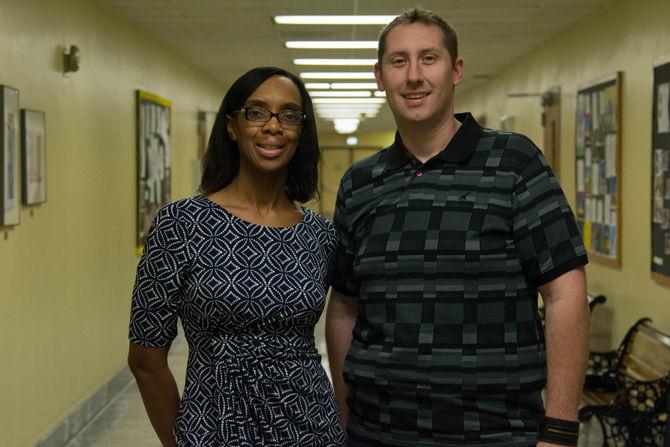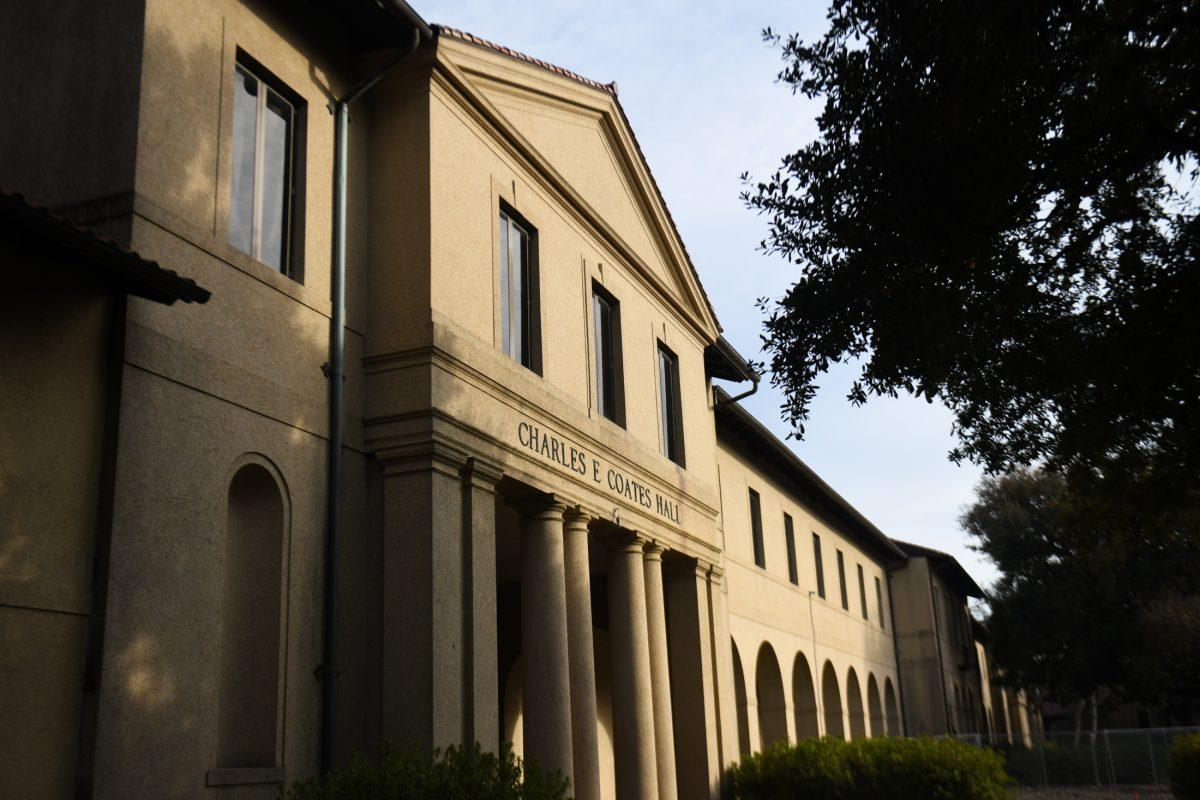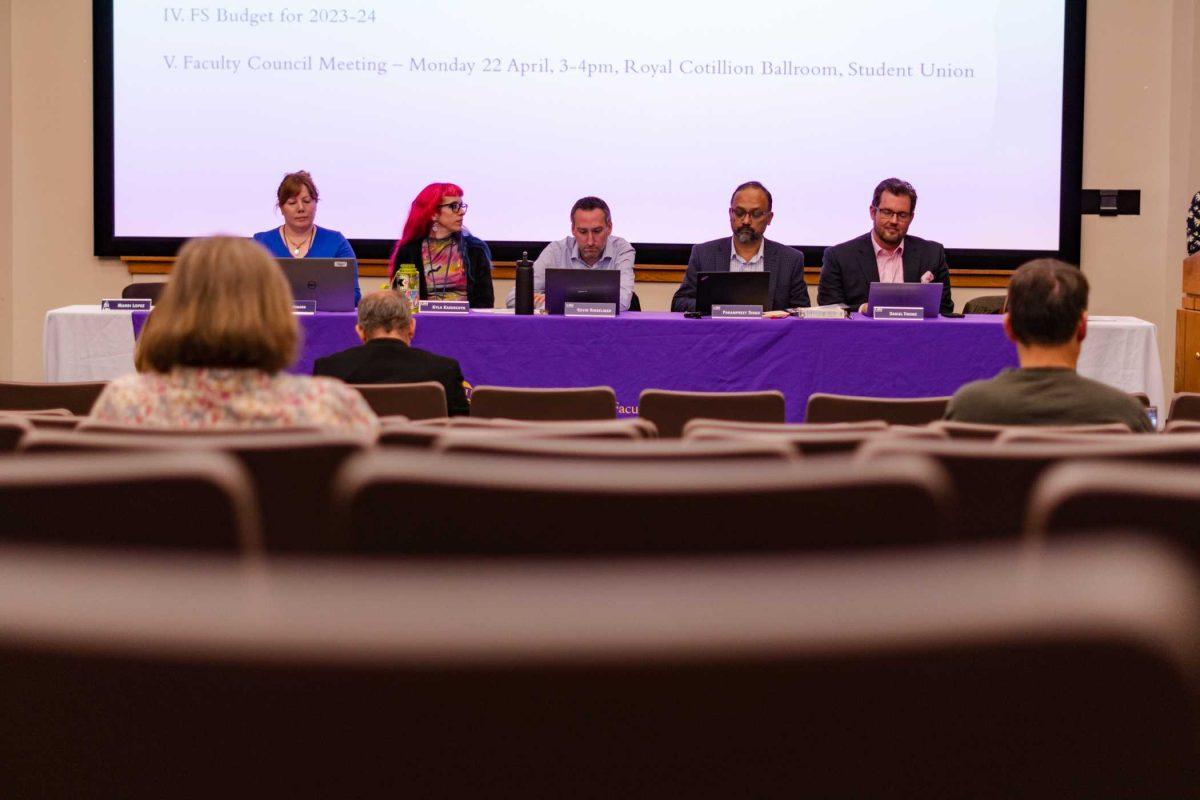Sociology professor Lori Martin and School of Education professor Kenneth Fasching-Varner aren’t afraid to court the controversial. In fact, it’s their job.
Martin and Varner have assumed the roles of co-editors in chief of Taboo: The Journal of Culture and Education. The online academic journal is published biannually and features five to seven academic articles in addition to an editorial column and book review section.
Founding editors Joe Kincheloe and Shirley Steinberg established the journal to spark conversations around socio-cultural topics traditionally overlooked in academics.
“They were both post-modern thinkers whose work pushed the envelope and tried to challenge people to think more profoundly about complex issues in a critical way,” Varner said.
Martin and Varner said they hope to continue the journal’s boundary pushing tradition while bringing it to broader audiences. An important aspect of working as scholar-activists is bridging the gap between the academic sphere and society at large, Martin said.
“We want every reader of the journal, no matter what their academic background is or their particular orientations around scholarship, to read each piece and say that’s interesting,” Varner said.
The online-only style allows Taboo to extend beyond the limited academic circles that traditional print journals are often limited to, Martin said.
The flexibility of online publishing allows Taboo to experiment with interactive audio and video features to make the journal a living publication, Martin said. It also allows the journal to encourage dialogue across editions.
“We don’t want it to just be a set of dictates or mandates or monologues, but we’d like to see it be a discourse and relationship between the readers and authors and editors,” Varner said.
Under Martin and Varner, the journal will also extend access to undergraduate and graduate students by providing space for their contributions in each edition. Undergraduate and graduate scholarship is rarely recognized in journals, but inter-generational dialogue adds depth to the subject matter, he said.
Incorporating the journal into the University’s student and academic culture is essential to Martin and Varner’s mission. LSU Libraries has already reached out to work as a partner for the journal’s publication and outreach, Varner said.
The editors are considering hosting a Taboo sponsored conference on campus or in the surrounding Baton Rouge area to create opportunities for local scholars to share research.
Another goal is to incorporate journal articles into critical courses and host teach-ins to analyze the works and promote campus discussion, Martin said.
“I think the message ever since I’ve been at LSU is about preparing ethical, prepared, responsible leaders that can tackle the big issues that face this community,” Varner said. “The journal is a natural link to what a flagship institution like LSU is committed to.”
Martin and Varner’s transition as co-editors in chief has been smooth thus far. Preparations for their first edition are underway and in April they have been invited to host a meet-the-editors session at the American Educational Research Association’s annual meeting in Washington D.C.
Both Martin and Varner said they look forward to editing the journal and will stay as long as they can produce high quality, relevant work that pushes the boundaries of accepted academic thought.
“Our goal is to facilitate the propagation of work that has the potential to bring about meaningful change on a number of levels,” Martin said.
Professors named co-editors in chief of ‘Taboo’ academic journal
January 28, 2016
Associate Professors Lori Martin in the Department of Sociology and Kenneth Fasching-Varner in the School of Education are named editors of Adademic Journal Taboo on Tuesday, Jan. 26, 2016 at Peabody Hall
More to Discover








